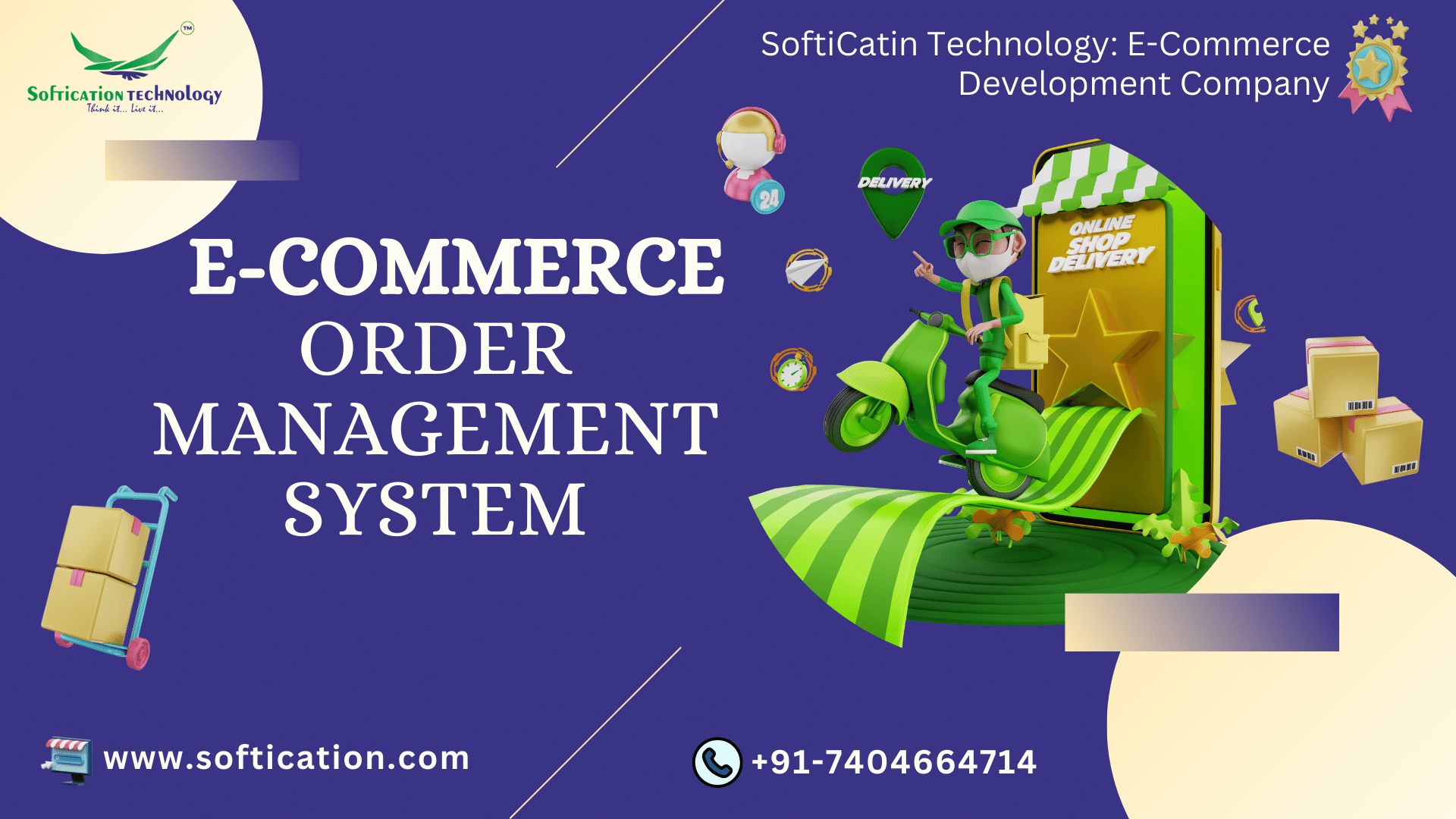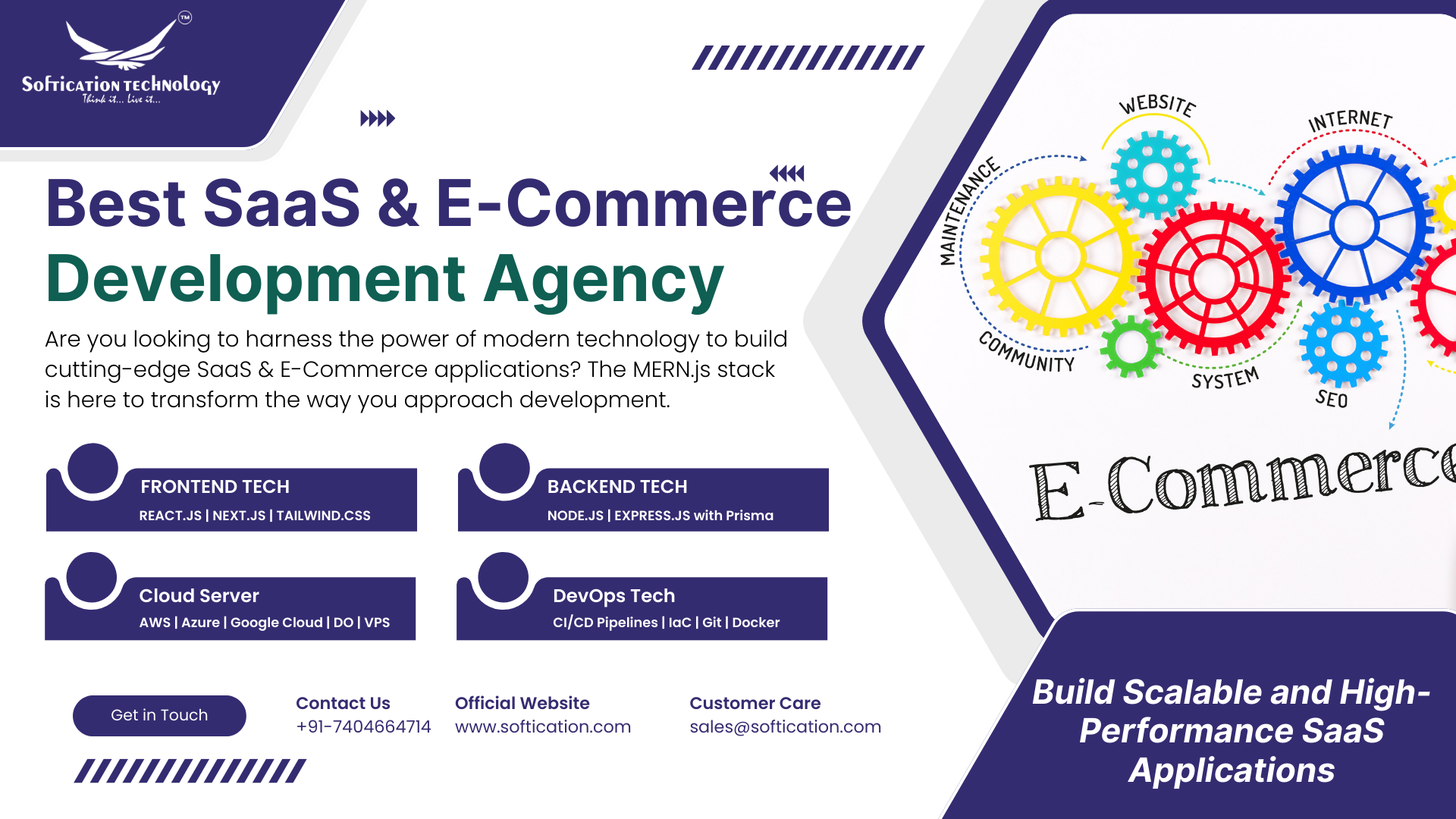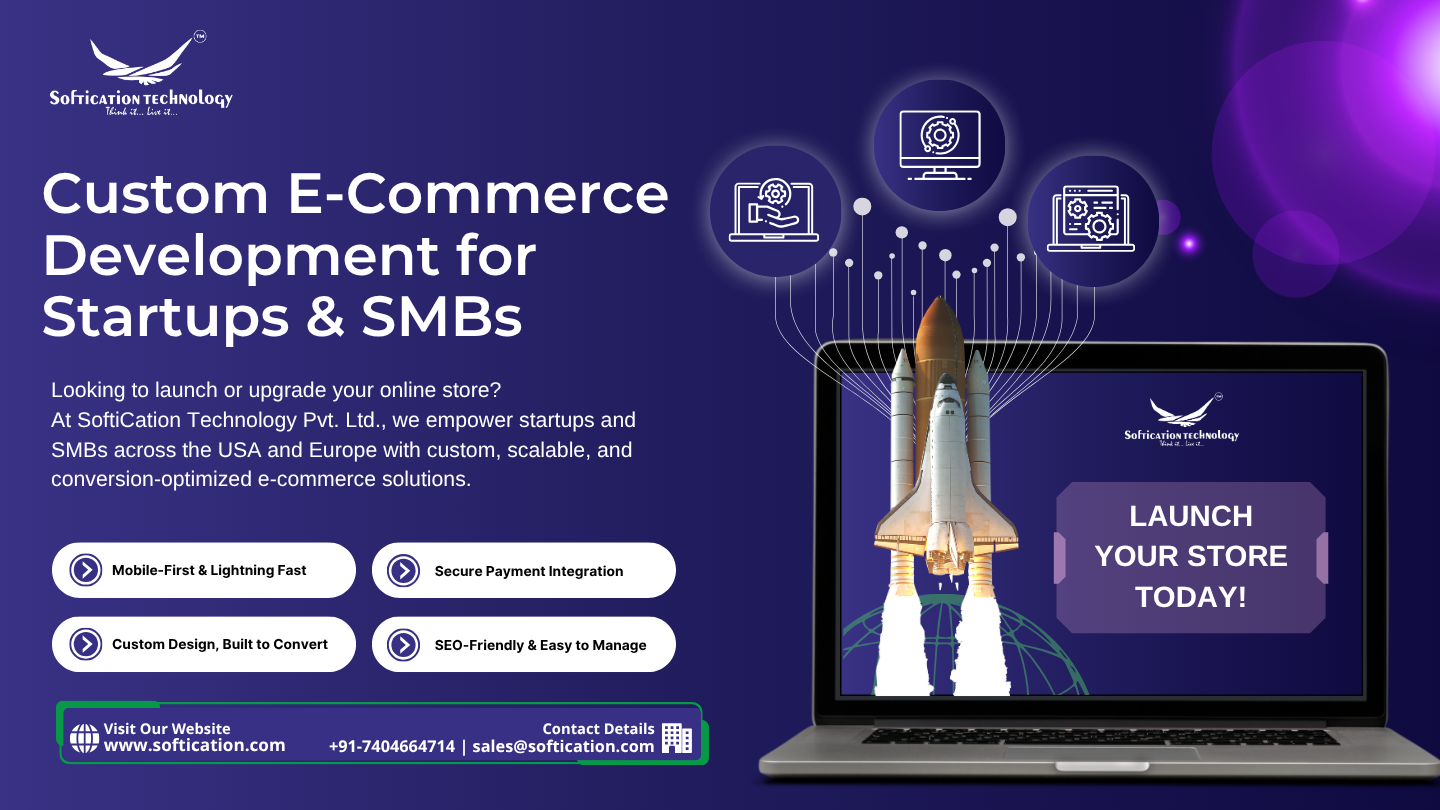The Importance of Effective Order Management in E-commerce
Efficient order management is crucial for the success of any e-commerce business. It encompasses the entire process of receiving, processing, and fulfilling customer orders. A well-implemented order management system ensures a smooth flow of operations, leading to increased customer satisfaction and profitability.
Why Order Management Matters
Order management plays a vital role in the overall functioning of an e-commerce business. Here are some key reasons why effective order management matters:
- Customer Satisfaction: Timely and accurate order processing is essential for a positive shopping experience. When customers receive their orders promptly and in the expected condition, it enhances their satisfaction and strengthens their trust in the business.
- Inventory Control: A robust order management system helps maintain optimal inventory levels. By keeping track of stock availability and automatically updating it as orders are fulfilled, businesses can prevent stockouts, minimize backorders, and ensure that popular products are always in stock.
- Streamlined Operations: An efficient order management system streamlines the order fulfillment process, reducing errors and delays. It enables businesses to efficiently manage incoming orders, track shipments, and handle returns and exchanges, improving operational efficiency.
- Data Accuracy and Insights: An effective order management system captures and stores valuable data related to customer behavior, sales patterns, and inventory levels. By analyzing this data, businesses can gain insights into customer preferences, identify trends, and make informed decisions to optimize their operations and marketing strategies.
Benefits of an Effective Order Management System
Implementing an effective order management system brings several benefits to an e-commerce business:
- Improved Order Accuracy: A robust order management system minimizes the chances of errors in order processing. Accurate order fulfillment reduces the likelihood of shipping incorrect products or quantities, leading to fewer customer complaints and returns.
- Enhanced Efficiency: By automating various order management tasks, businesses can streamline their operations and reduce manual intervention. This efficiency translates into faster order processing, shorter fulfillment times, and ultimately, improved customer satisfaction.
- Optimized Inventory Management: An effective order management system provides real-time visibility into inventory levels, enabling businesses to optimize stock levels and avoid overstocking or stockouts. This helps in reducing holding costs, increasing inventory turnover, and improving cash flow.
- Increased Scalability: As businesses grow, their order management needs to evolve. An effective order management system is scalable and can accommodate increasing order volumes without sacrificing efficiency. This scalability allows businesses to expand their operations seamlessly.
- Enhanced Customer Experience: A well-implemented order management system enables businesses to provide a seamless and personalized experience to their customers. From order tracking to timely notifications, customers feel informed and engaged throughout the entire purchasing process.
By recognizing the importance of effective order management and investing in a reliable order management system, e-commerce businesses can maximize their profitability, streamline their operations, and deliver exceptional customer experiences.
Key Features of an Effective Order Management System
An effective order management system is essential for the smooth operation of an e-commerce business. It helps streamline the order fulfillment process, optimize inventory management, and improve overall customer satisfaction. In this section, we will explore three key features of an effective order management system: inventory management, order tracking and fulfillment, and integration with other systems.
Inventory Management
Accurate and efficient inventory management is crucial for any e-commerce business. An effective order management system should have robust inventory management capabilities that provide real-time visibility into stock levels, allowing businesses to optimize inventory control and prevent stockouts or overstocking.
By tracking product quantities, the order management system enables businesses to efficiently manage stock across multiple sales channels. It automates inventory updates as orders are received and fulfilled, ensuring accurate stock information across the organization. This helps reduce the risk of overselling and improves overall inventory accuracy.
Order Tracking and Fulfillment
Order tracking and fulfillment are vital components of an effective order management system. Customers expect timely updates on the status of their orders, from the moment of purchase to delivery. The system should provide real-time tracking information, enabling customers to monitor their orders and reducing the need for customer inquiries.
A well-implemented order management system integrates with shipping carriers to automatically generate tracking numbers and update order statuses. This seamless integration allows businesses to efficiently process orders, print shipping labels, and schedule pickups. By automating these processes, businesses can save time and reduce errors in the order fulfillment process.
Integration with Other Systems
To achieve operational efficiency and streamline processes, an effective order management system should seamlessly integrate with other systems within the e-commerce ecosystem. Integration with other systems such as inventory management, customer relationship management (CRM), and e-commerce platforms enhances overall efficiency and data accuracy.
Integration with inventory management systems ensures that stock levels are updated in real time, preventing overselling or stockouts. Integration with CRM systems enables businesses to access customer information and order history, facilitating personalized customer interactions. Integration with e-commerce platforms ensures that orders flow seamlessly from the online storefront to the order management system, simplifying the order fulfillment process.
By integrating these systems, businesses can achieve a unified and streamlined approach to order management, reducing manual data entry and errors. This integration facilitates efficient order processing, improves inventory accuracy, and enhances customer satisfaction.
In conclusion, an effective order management system should encompass key features such as inventory management, order tracking and fulfillment, and integration with other systems. By implementing such a system, e-commerce businesses can optimize their order management processes, improve operational efficiency, and enhance the overall customer experience.
Choosing the Right Order Management System
Selecting the appropriate order management system is a critical decision for any e-commerce business. To make an informed choice, it is essential to assess your business needs, evaluate system scalability, and consider integration capabilities.
Assessing Your Business Needs
Before investing in an order management system, it's crucial to assess your specific business requirements. Consider factors such as the volume of orders you handle, the complexity of your inventory management, and the level of automation you desire. Analyze your current order management processes and identify pain points or areas that need improvement. This assessment will help you determine the key features and functionalities you require in an order management system.
Evaluating System Scalability
As your business grows, your order management system should have the ability to scale alongside it. Evaluate the scalability of the system you are considering. Can it handle an increase in order volume without sacrificing performance? Will it accommodate additional features or integration with other systems? Scalability is crucial to ensure that your order management system can adapt and grow with your business.
Considering Integration Capabilities
A seamless flow of information between your order management system and other systems is essential for efficient operations. Evaluate the integration capabilities of the order management system you are considering. Does it integrate easily with your e-commerce platform, inventory management system, and shipping carriers? Integration streamlines processes reduces manual data entry, and minimizes errors. Explore the possibilities of integrating your order management system with other systems to create a cohesive and efficient workflow.
To explore more aspects of e-commerce operations, check out our articles on e-commerce inventory management and e-commerce fulfillment services.
By carefully assessing your business needs, evaluating system scalability, and considering integration capabilities, you can choose an order management system that aligns with your requirements and sets the foundation for effective e-commerce operations.
Best Practices for Implementing an Order Management System
Implementing an effective order management system is crucial for the success of your e-commerce business. To ensure a smooth transition and maximize the benefits of your order management system, it's important to follow best practices in key areas such as data management and organization, streamlining order processing, and customer communication and satisfaction.
Data Management and Organization
Data management and organization are essential for the efficient functioning of your order management system. Here are some best practices to consider:
- Centralize Data: Consolidate all order-related data in a centralized database or system. This ensures easy access and prevents data fragmentation.
- Accurate Product Information: Maintain accurate and up-to-date product information, including descriptions, categorization, pricing, and inventory levels. This helps in preventing errors and delays in order processing.
- Real-time Syncing: Establish real-time syncing between your order management system and other systems, such as your e-commerce website and inventory management system. This ensures that all data remains consistent and eliminates discrepancies.
Streamlining Order Processing
Efficient order processing is crucial for customer satisfaction and business profitability. Consider the following best practices:
- Automated Workflows: Implement automated workflows to streamline the order fulfillment process. This includes order confirmation, inventory allocation, picking and packing, and shipping label generation.
- Order Prioritization: Establish clear criteria for order prioritization, such as shipping method, customer loyalty, or order value. This ensures that urgent orders or high-value orders are processed promptly.
- Exception Handling: Define protocols for handling exceptions, such as out-of-stock items, or address verification issues. Having predefined processes in place helps in resolving such issues efficiently.
Customer Communication and Satisfaction
Maintaining good communication with your customers throughout the order fulfillment process is key to ensuring their satisfaction. Consider the following best practices:
- Order Status Updates: Implement automated order status updates to keep customers informed about the progress of their orders. This can include order confirmation, shipment tracking information, and delivery notifications.
- Proactive Communication: Anticipate potential delays or issues and proactively communicate with customers. This helps manage their expectations and build trust.
- Easy Returns and Refunds: Simplify the returns and refunds process to provide a hassle-free experience for customers. Communicate your return policy and provide clear instructions for initiating returns.
By following these best practices, you can optimize the implementation of your order management system, leading to improved efficiency, reduced errors, and enhanced customer experience. Remember, an effective order management system is a vital component of your e-commerce operations, enabling you to maximize profitability and achieve long-term success.
Maximizing Profitability with an Effective Order Management System
Implementing an effective order management system is not only crucial for streamlining operations but also for maximizing profitability in your e-commerce business. By optimizing efficiency, reducing errors and costs, and enhancing the customer experience, a well-implemented order management system can have a significant impact on your bottom line.
Improving Efficiency and Productivity
One of the primary benefits of an effective order management system is the improvement in efficiency and productivity it brings to your e-commerce business. By automating and streamlining various order-related processes, such as order processing, inventory management, and order tracking, you can significantly reduce the time and effort required to handle each order.
With a streamlined workflow, you can process orders more quickly and accurately, ensuring timely fulfillment and delivery. This increased efficiency not only saves time but also allows you to handle a larger volume of orders without compromising quality. As a result, you can increase your order fulfillment capacity, which is crucial for meeting customer demands and growing your business.
Reducing Errors and Costs
Manual order management processes are prone to errors, which can lead to costly mistakes, such as shipping the wrong products or misplacing orders. These errors not only result in dissatisfied customers but also incur additional costs for returns, replacements, and customer support. By implementing an effective order management system, you can minimize such errors and their associated costs.
Automated order management systems help eliminate manual data entry errors, ensuring accurate order processing and fulfillment. Additionally, these systems provide real-time visibility into inventory levels, preventing overselling and stockouts. By minimizing errors and optimizing inventory management, you can reduce costs and improve profitability.
Enhancing Customer Experience
An effective order management system plays a crucial role in enhancing the customer experience, which is key to building customer loyalty and driving repeat business. By providing accurate order tracking information, timely notifications, and seamless communication, you can keep your customers informed and engaged throughout the order fulfillment process.
Customers appreciate transparency and reliable communication, as it reassures them that their orders are being handled efficiently. An order management system that integrates with customer service tools and enables proactive communication helps build trust and satisfaction. This, in turn, leads to positive reviews, increased customer loyalty, and higher customer lifetime value.
By implementing an effective order management system, you can maximize profitability in your e-commerce business by improving efficiency and productivity, reducing errors and costs, and enhancing the customer experience. Investing in the right order management system that aligns with your business needs and integrates well with other systems is a strategic move that can yield significant returns.











